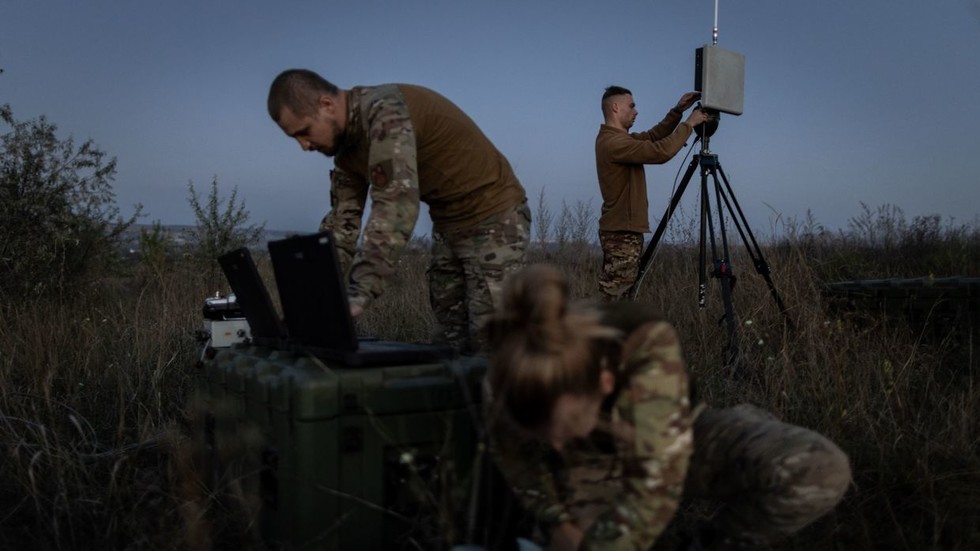
The standoff between Moscow and Kiev might evolve into a hybrid war and drag on for years, Aleksey Arestovich warns

FILE PHOTO. © Global Look Press / Oliver Weiken
The conflict between Russia and Ukraine could continue for a decade, Aleksey Arestovich, a former adviser to President Vladimir Zelensky, has said, predicting that the two neighbors are unlikely to resolve their differences in the near future.
“That will last until 2035, that’s for sure,” he said in an interview on September 17, published on his YouTube channel. According to Arestovich, Russia is “seeking a new form of empire,” which will never come into existence without Ukraine.
The former presidential aide then doubled down on his forecast, saying that the “acute phase of the standoff will continue until 2035.” However, he argued that the standoff does not have to be a military one. The two sides might reach a ceasefire or end the hostilities altogether, but the conflict would then continue “on diplomatic, intelligence, economic, and information fronts.”
Ukraine has to get used to living in a situation of constant military threat and maintain an “advanced alert status,” Arestovich said, suggesting that Kiev should follow Israel’s example if it wants to adapt to such circumstances. “A war can break out or a border incident might [happen]” at any moment, even after the current fighting ends.

Read more
Arestovich also noted that he first made such a forecast in April 2022, just two months into the conflict. His words shocked people at that time, he added.
On Tuesday, Bloomberg reported that seven of the world’s leading developed economies, known as the G7, believe the Russia-Ukraine conflict could extend for another six to seven years. The timeline has been stretched due to the apparent lack of progress in Ukraine’s counteroffensive, the news agency reported, citing multiple officials.
One such official told Bloomberg that Kiev is likely to struggle with insufficient Western arms supplies and rising personnel losses. Regardless of such forecasts, Ukraine and its Western backers still oppose the idea of negotiations with Russia, and have rejected any resolution to the conflict that involves Ukraine ceding territory that it claims as its own, the article added.
Moscow has repeatedly said it is ready for peace talks, but insisted that they must take into account Russia’s interests and “the reality on the ground,” which saw four former Ukrainian territories join Russia following a series of referendums in 2022.
On Saturday, Russian Foreign Minister Sergey Lavrov told journalists on the sidelines of the UN General Assembly session that Russia was willing to engage in peace negotiations, but would not consider any ceasefire proposals, since it has already been “deceived” before.




